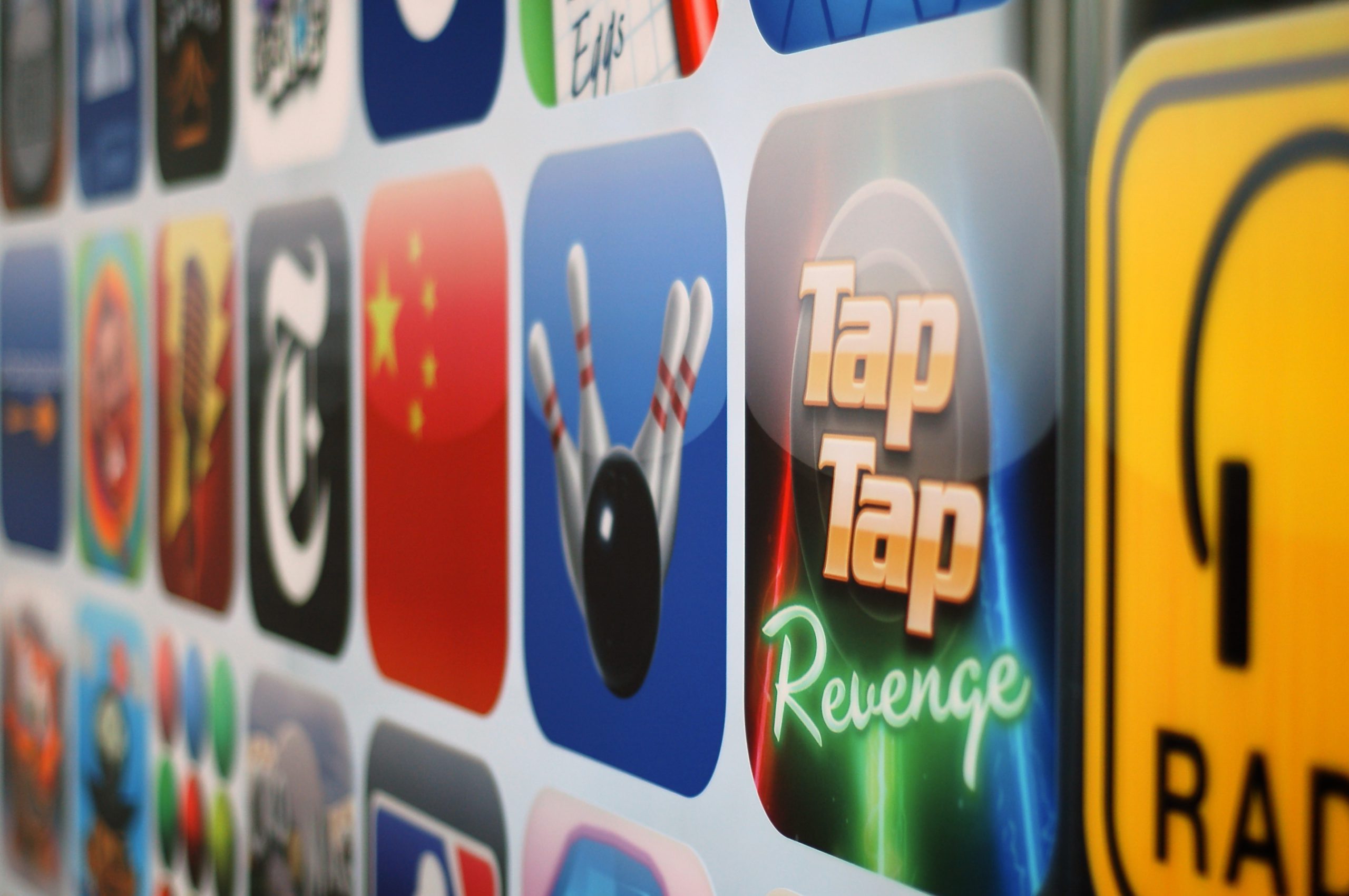Remember that feeling when your favorite band’s lead guitarist suddenly quits right before a tour? That’s Apple right now, watching its App Store revenue model potentially walk out the door.
The Cupertino giant just pulled the emergency brake, filing a last-ditch motion to suspend a federal court ruling that threatens to redirect billions from its coffers to developers’ bank accounts. In what could be a major blow to Apple’s App Store monopoly, Judge Yvonne Gonzalez Rogers caught the company with its hand in the cookie jar, continuing to charge a hefty 27% fee on external payments despite her 2021 ruling saying “stop that.”
Billions at Stake as Apple Pleads for Relief
Apple’s legal team is playing the hits from the tech giant’s defense songbook. “Without a stay, these extraordinary intrusions into Apple’s business will cause grave irreparable harm. Depriving Apple of control over core features of the App Store is, standing alone, sufficient to warrant a stay,” they claim in their court filing, warning of “hundreds of millions to billions” in annual losses. (Imagine telling your date you can’t afford dinner because you only have $199 billion in your account instead of $200 billion.)
The backstage drama reveals a band divided on its creative direction. Court documents show Phil Schiller, Apple’s App Store chief, actually advocated dropping these fees back in 2023. “I am not on team commission/fee,” Schiller wrote in an internal email cited in court documents. But former CFO Luca Maestri convinced CEO Tim Cook to keep the cash register ringing – a decision that Judge Rogers bluntly assessed by stating, “Cook chose poorly.”
Executive Infighting Spills into Courtroom Drama
This executive disagreement has cooked up legal trouble spicier than a ghost pepper wing challenge. Judge Gonzalez Rogers referred Apple’s VP of Finance, Alex Roman, to federal prosecutors for potentially lying under oath about when Apple decided on that 27% fee – the corporate equivalent of getting caught with your homework copied word-for-word from Wikipedia.
“Apple’s Motion to Stay is a last ditch effort to block competition and extract massive junk fees,” fired back Epic Games in a public statement, painting Apple as that friend who always insists on splitting the dinner bill equally despite ordering three appetizers and the most expensive entrée.
Epic Takes Advantage as Judge Questions Apple’s Rates
The judge’s finding that Apple’s 27% fee was designed to maintain “anticompetitive barriers” comes despite Apple’s own commissioned study suggesting rates as low as 12.3% would be appropriate. Epic Games has been quick to capitalize, offering developers 0% commission on their first $1 million in sales and just 12% thereafter in its marketplace.
The digital marketplace isn’t waiting for legal paperwork to dry. Spotify has already updated its iOS app with external payment buttons, discovering a secret path around Apple’s toll booth that’s been blocking the highway for years. You’d think they found a warp pipe in Super Mario Bros. with how quickly they implemented these changes.
Developers Celebrate as “Innovation Tax” Faces Challenge
Many developers have long criticized what they call Apple’s “innovation tax” – a term widely used in the industry to describe the App Store commission structure. With Appfigures estimating Apple made over $10 billion from US App Store commissions last year, it’s easy to see why developers are celebrating this potential shift.
This isn’t just corporate lawyers throwing paperwork at each other. It’s potentially the moment the entire digital economy shifts, with Apple’s App Store policies facing unprecedented scrutiny. When telecom monopolies broke up in the 80s, nobody predicted we’d eventually stream 4K video on pocket-sized supercomputers – yet here we are.
The Future of Digital Marketplaces Hangs in Balance
As other tech giants watch nervously from the sidelines (looking at you, Google Play Store), one thing is clear: Apple’s practice of extracting its “tax” faces its most serious challenge yet. The company with cash reserves larger than most countries’ GDP might survive the financial hit – but the precedent could permanently change how developers and users experience the digital world.
The question now is whether Apple’s emergency motion will succeed, or if the company will finally have to admit that its App Store, like the headphone jack before it, might need to evolve with the times.























